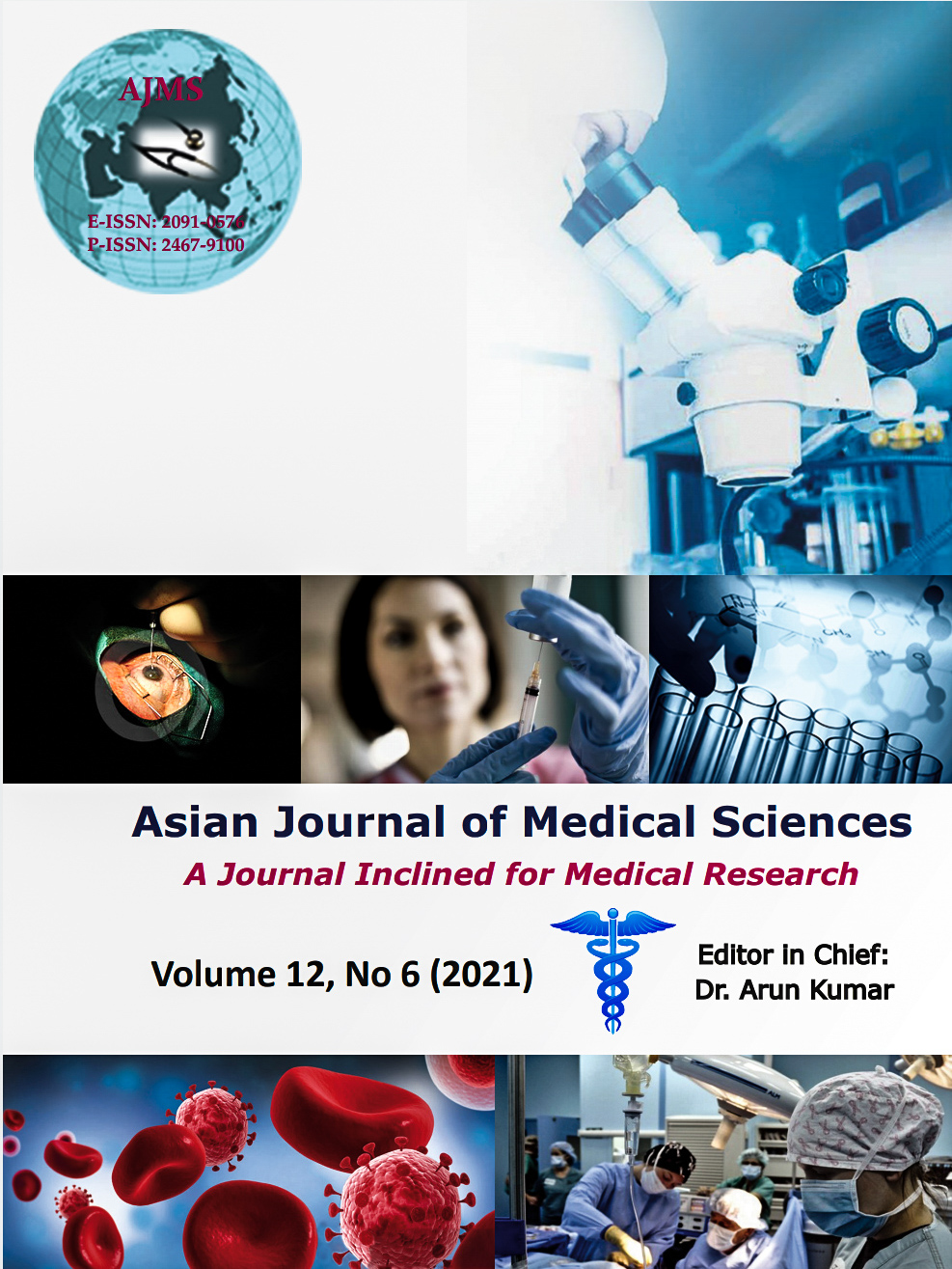Posterior reversible encephalopathy syndrome (PRES) presenting as Status Epilepticus in a case of Autoimmune Hemolytic Anemia (AIHA): A Case report
Keywords:
Posterior Reversible Encephalopathy Syndrome, Hemolytic anemia, Sporadic diseaseAbstract
Posterior reversible encephalopathy syndrome (PRES) is a neurotoxic state, caused by imbalance in autoregulation of posterior cerebral circulation. We report a case of young female, presented at emergency department with complains of nausea, vomiting and generalized tonic clonic seizures prior to admission. During the course of hospital stay patient landed in status epilepticus which was treated appropriately. Patient’s magnetic resonance imaging (MRI) was done which had classical features of vasogenic edema in occipital and parietal region, suggestive of PRES. She was a known case of autoimmune hemolytic anemia that
was treated with multiple blood transfusions and low dose oral steroids. She was discharged after complete resolution of symptoms with the advice to follow up in medicine outpatient department. Our case describes about autoimmune hemolytic anemia in which occurrence of PRES is uncommon. Early diagnosis and robust treatment can prevent permanent damage to the brain, and is often associated with complete recovery.
Downloads
Downloads
Published
How to Cite
Issue
Section
License
Authors who publish with this journal agree to the following terms:
- The journal holds copyright and publishes the work under a Creative Commons CC-BY-NC license that permits use, distribution and reprduction in any medium, provided the original work is properly cited and is not used for commercial purposes. The journal should be recognised as the original publisher of this work.
- Authors are able to enter into separate, additional contractual arrangements for the non-exclusive distribution of the journal's published version of the work (e.g., post it to an institutional repository or publish it in a book), with an acknowledgement of its initial publication in this journal.
- Authors are permitted and encouraged to post their work online (e.g., in institutional repositories or on their website) prior to and during the submission process, as it can lead to productive exchanges, as well as earlier and greater citation of published work (See The Effect of Open Access).




